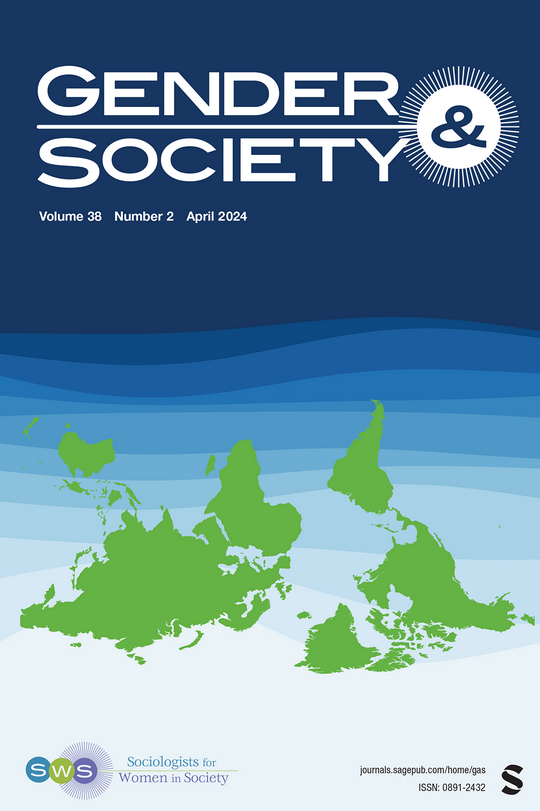In the Grip of Traditionalism? How Nigerian Middle-Class Working Mothers Navigate Normative Ideals of Femininity
IF 7.2
1区 社会学
Q1 SOCIOLOGY
引用次数: 0
Abstract
Changing socioeconomic conditions are enticing more and more Nigerian mothers to work and pursue careers. This article explores how middle-class professional women navigate working mother subjectivities in the context of Nigeria’s strong patriarchal culture, where traditional notions of maternal femininity prevail. We argue that the working mother’s subjectivity is a key site where the struggle over gendered cultural meanings takes place. Drawing on 32 qualitative interviews, we demonstrate how a small group of women refused traditional feminine subject positions; however, most mothers either embraced or reluctantly acquiesced to traditional femininity, despite having access to broader cultural repertoires and material resources. By unveiling the complexities of the cultural appeal of traditional femininity and social penalties for breaching it, the article extends our understanding of how patriarchal cultures resist gendered change and the nuances and limits of individual patterns of resistance.传统观念的束缚?尼日利亚中产阶级职业母亲如何引导规范的女性理想
不断变化的社会经济条件吸引着越来越多的尼日利亚母亲去工作和追求事业。本文探讨了中产阶级职业女性如何在尼日利亚强大的父权文化背景下驾驭职业母亲的主体性,在这种文化背景下,传统的母性女性观念占主导地位。我们认为,职业母亲的主体性是性别文化意义斗争的关键场所。通过 32 个定性访谈,我们展示了一小部分女性是如何拒绝传统的女性主体地位的;然而,大多数母亲要么接受要么勉强默认了传统的女性气质,尽管她们可以获得更广泛的文化曲目和物质资源。通过揭示传统女性特质的文化魅力和违反传统女性特质的社会惩罚的复杂性,文章拓展了我们对父权文化如何抵制性别变革以及个人抵制模式的细微差别和局限性的理解。
本文章由计算机程序翻译,如有差异,请以英文原文为准。
求助全文
约1分钟内获得全文
求助全文
来源期刊

Gender & Society
Multiple-
CiteScore
9.70
自引率
3.60%
发文量
78
期刊介绍:
Gender & Society promotes feminist scholarship and the social scientific study of gender. Gender & Society publishes theoretically engaged and methodologically rigorous articles that make original contributions to gender theory. The journal takes a multidisciplinary, intersectional, and global approach to gender analyses.
 求助内容:
求助内容: 应助结果提醒方式:
应助结果提醒方式:


